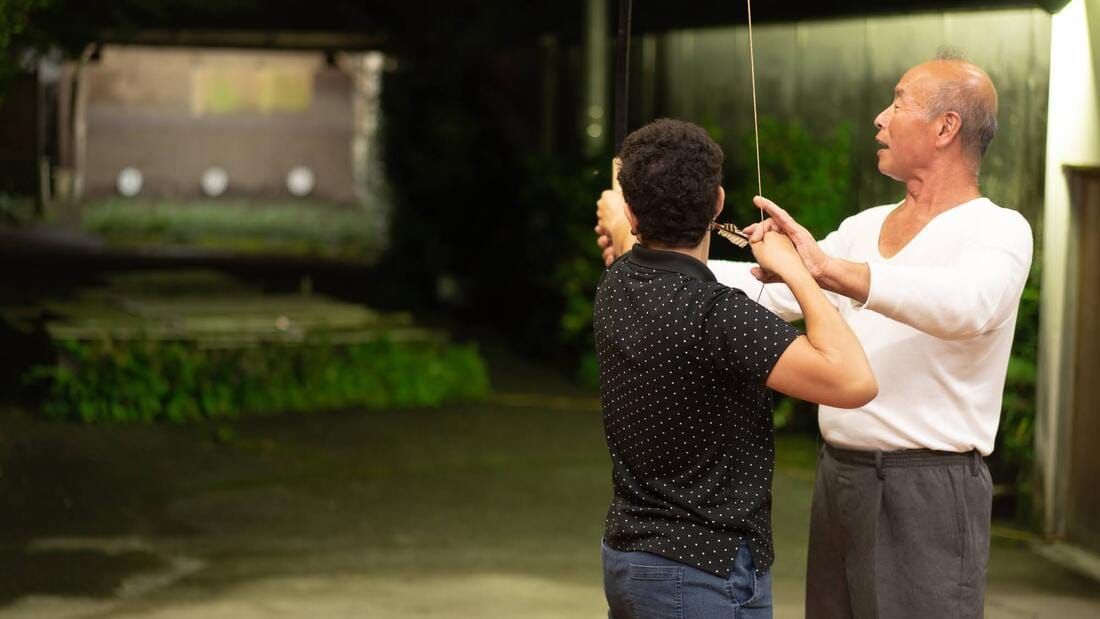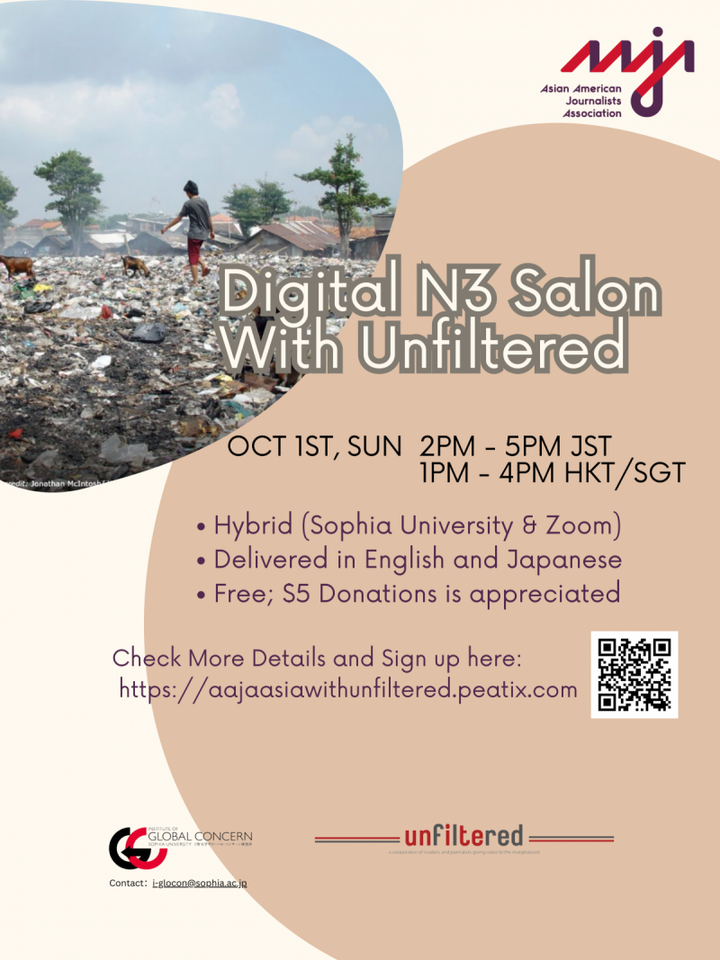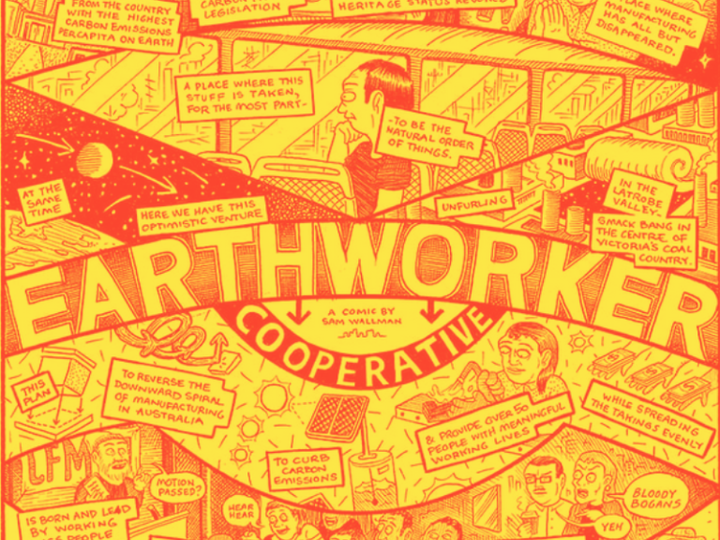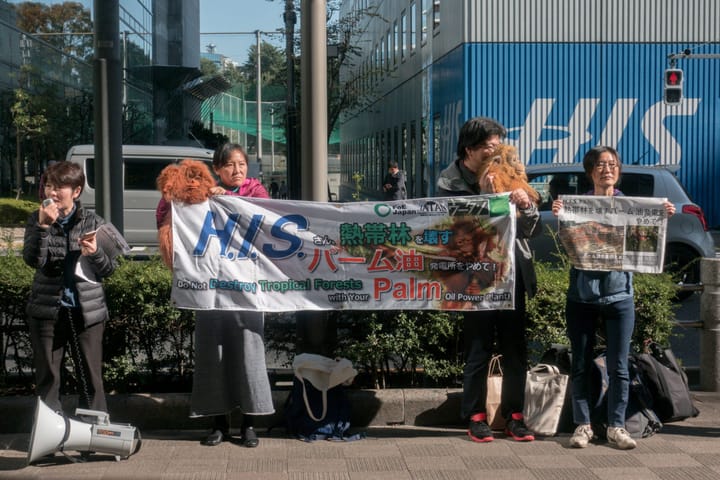Safe at Last: A Tunisian woman’s journey to freedom

It was on a basketball court that Nahed* finally knew she was safe.
“A few days after coming to Japan, I wanted to play basketball,” she says. “It was 11:30pm and there were two courts. Five or six guys were playing on one, so I started playing on the other. They didn’t bother me or even ask me anything. They were just playing and laughing together like I wasn’t there. It’s quite impossible in any other place.”
On the move since fleeing her native Tunisia in 2015, just one month after the publication of her first novel, Nahed had been to Turkey, the United States, Qatar, and South Korea before arriving in Japan in April 2019. As a member of Tunisia’s LGBTQ+ community, living in her home country had become dangerous.
“I was attacked on the street there,” she says. “Someone could say something bad about you at any time, and if you answered. they would bring friends and try to beat you. No one would do anything to help. For most people, helping would be the right thing to do, but in Tunisia there is no security, no one to defend you. I couldn’t stay.”
In Tunisia, homosexuality is illegal and punishable by law. Those accused and convicted under Article 230 of the 1913 penal code face up to three years in prison. Activists and opponents have long been working for change, much of it energized by the 2011 Jasmine Revolution which also marked the beginning of the Arab Spring. That year, calls to decriminalize homosexuality sounded louder than ever along with demands for other democratic reforms and protests against Tunisia’s police state.
Over time, though, the conversation changed as public sentiment turned against the LGBTQ+ community. One by one, Nahed’s friends left, and she found herself even more alone and even more of a minority. Then, in 2014, one year before she decided to leave, conservative politicians accused the country’s homosexual community of receiving funds from foreign countries as part of an effort to undermine Tunisia’s religion and culture.
“After the revolution, we had some movement for change,” she says, “but it started getting worse year by year, and the government became more conservative. People were also becoming more and more abusive. Many Tunisians went to Syria to fight with ISIS, and when they came back, life became more and more difficult. It became dangerous for people like me or those who were different but just wanted a normal life.”
Nahed applied for refugee status after arriving in Japan. Not allowed to work for the first eight months of her stay, she lived off her savings. When that ran out, she received financial assistance from the Refugee Assistance Headquarters (RHQ), an official government agency. When she finally received permission to work, she took a job at a publishing company in the shipping department compiling orders and lifting heavy boxes during the night shift. Despite, the long hours of physically taxing work, Nahed enjoyed it.
She found her coworkers welcoming and helpful even as she struggled to communicate in Japanese. Eventually, Nahed was offered overtime work and was asked to use her knowledge of French and Arabic to help train new employees from Africa.

“I have worked as a journalist, a teacher, and a web editor,” she says. “That shipping job was very manual, but I would never say an office job is better than a factory job. Every job can be really enjoyable. It’s a question of environment and management and how you feel. If you feel that people respect your work and appreciate your efforts, then you are more comfortable. I felt like part of a family there.”
A few months into 2020, Nahed received a call from the Japan Association for Refugees (JAR) about a position in Fukuoka with Discover Deep Japan (DDJ). A digital marketing agency and social startup that aims to help rural communities by leveraging the talents and language abilities of refugees and migrants, DDJ works with 18 municipalities and organizations around Japan on everything from tourism to promoting local products.
Nahed decided to apply and landed the job. Delayed by the pandemic, she finally settled in a small town in Fukuoka in August 2020 and began working on their social media ouput and websites. The work gives her a chance to explore a new place, meet people, and use her writing skills. “I was really excited to come here,” she says. “In the past, I have had many different jobs, and I thought this one in Fukuoka would allow me to progress. I’ve learned a lot,” she says listing off new skills that include digital marketing and customer engagement.
Even so, Nahed has also found an unexpected side effect from the moniker that comes with her refugee application. “Sometimes people talk down to me because I am a refugee, as though I don’t have the power of choice or a right to express what I want to do,” she says. “No one has this authority over me. I studied. I’ve traveled. I had good jobs. I’m not coming with nothing.”
What the future holds remains a question. Like any young person, Nahed is looking around for opportunities. Perhaps most importantly in her case, she is nursing an idea for a new novel.
“I wish I could have more time to write all these stories and about all these adventures,” she says, “But living in Japan is my freedom. I have been through many things, so I know how to keep my freedom. For me, nothing is more important. If you have your freedom, you feel safe, you are able to do the job you want, and interact with people you like. I think this is what life is about.”
*Nahed’s first name only is used as her visa is still under review.


